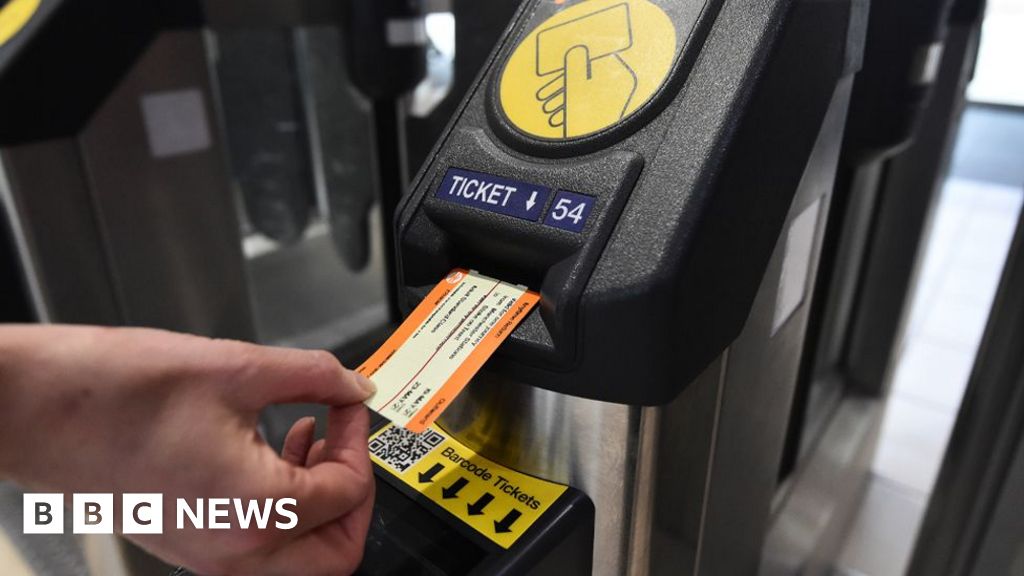I think this article has unfortunately failed to fully explain what the issue is here.
Looking at the comment section, many seem to have gotten the impression that all SJP prosecutions for fare evasion have been ruled unlawful.
As a result, some seem to now believe that many hundreds of intentional fare evaders will be compensated, and many hundreds more future fare evasions incentivized.
As I understand it, it seems that the issue here was the TOCs using the SJP for RoRA prosecutions
after a penalty fare appeal had been rejected.
Which flies in the face of the idea that a PFN is a civil debt and that issuing one should bar the TOC from then choosing to prosecute the same case.
The BBC article seems to make fairly clear that that is what Northern unlawfully tried to do in the case of a certain
@KirkstallOne, who as we all know, has asked the question of whether this has become a regular occurrence. Thanks to his efforts, and this community’s contributions, we now know it indeed has, and it could well be regarded as a scandal.
I cannot claim to know anything close to what those of you who have been here since the start know, so if I have said anything wrong please correct me.
But if my recollections are correct, for everyone who has been tracking this thread I have probably just restated the obvious.
My concern is that the BBC have not made particularly clear that that is what has been ruled unlawful, and that fare evasion can, and will, still be prosecuted under the Bylaws.
It’s only the attempt of TOCs to use the RoRA and thus get around the “PFN blocks future prosecution” principle, that is the problem here.
Again, this is my understanding as someone who has read this thread only briefly. Please correct me if I am wrong.


